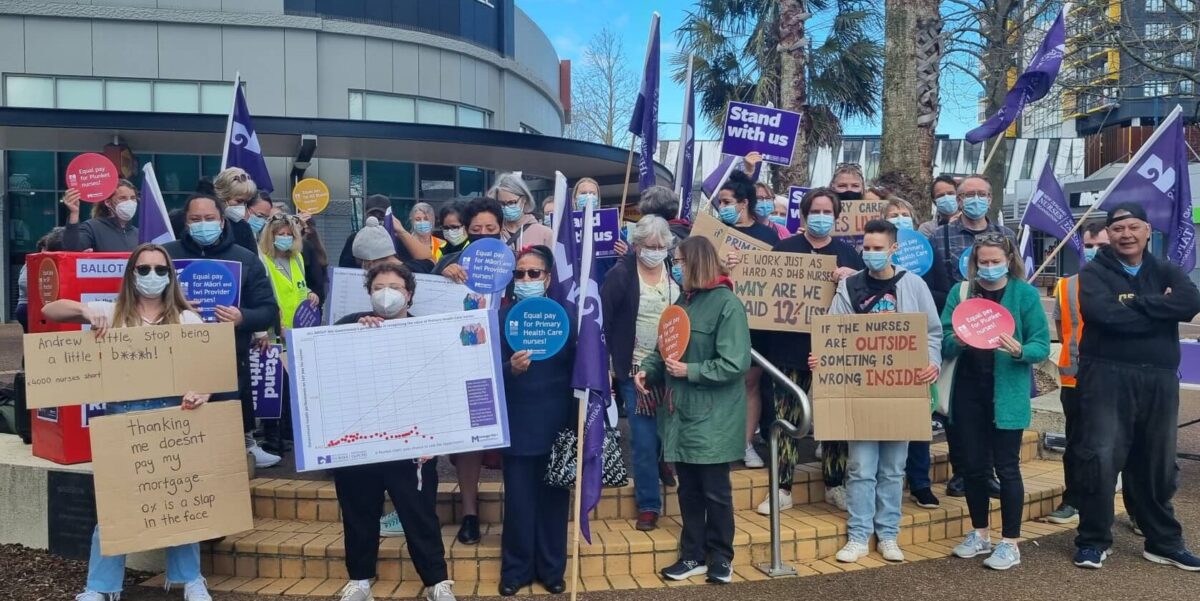In Wellington, a group of primary practice nurses came to the city’s Midland Park on their lunch break to protest over the pressures they faced and the difficulty attracting staff. “PHC is short of nurses, just the same as hospitals. We are the frontline and hopefully stop people going into hospitals,” practice nurse Deanna Mallon told Kaitiaki Nursing New Zealand. Investing in primary health care was also about equity and access to health care for all, including childhood immunisations, she said.
Third-year nursing student Elle Koonwaiyou said despite the pay disparity, she wanted to work in primary health. “I think there is a real need to help in the community, we don’t want to be the ambulance at the bottom of the cliff.”
Koonwaiyou said her hospital placement had shown her the importance of primary health care. “If don’t have your primary health care, that wraparound care, you are going to have people who end up in hospital who didn’t have to be.”
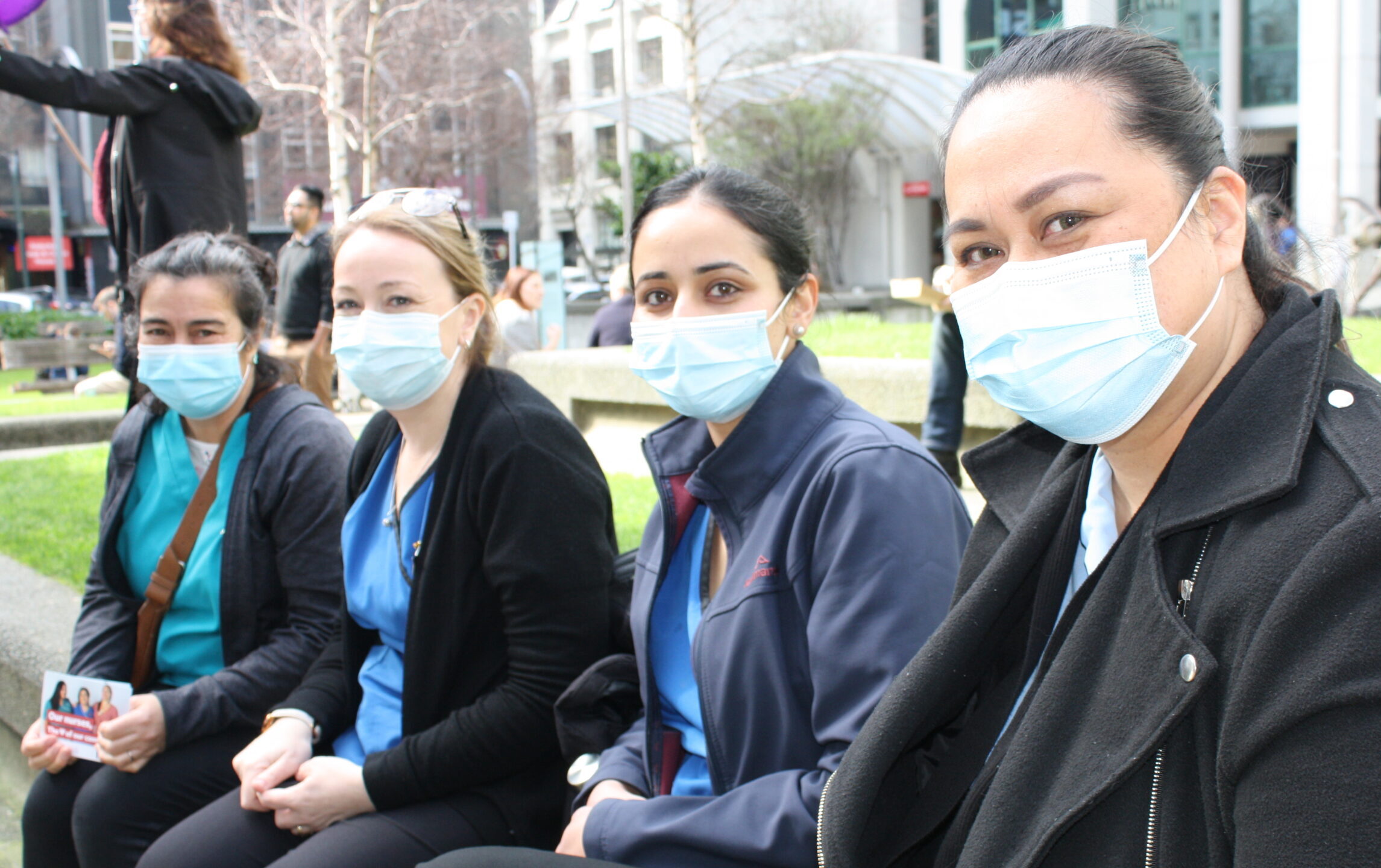
Keith Brockway, a retired GP, who attended the Wellington protest with his two sons, told Kaitiaki he was there on behalf of his wife, a practice nurse. GPs needed to make more effort to pay their nursing staff more, he said. “They rely on nurses’ loyalty to their patients.” His son, William Brockway, said the pay disparity was “shocking”.
Wellington nurses at the protest said they would have liked to have seen more nurses turn up — about 20 came, NZNO organiser Laura Thomas said. However, organiser Colette Bates said there was good turnout in Hamilton with about 35 nurses, including from rural areas.
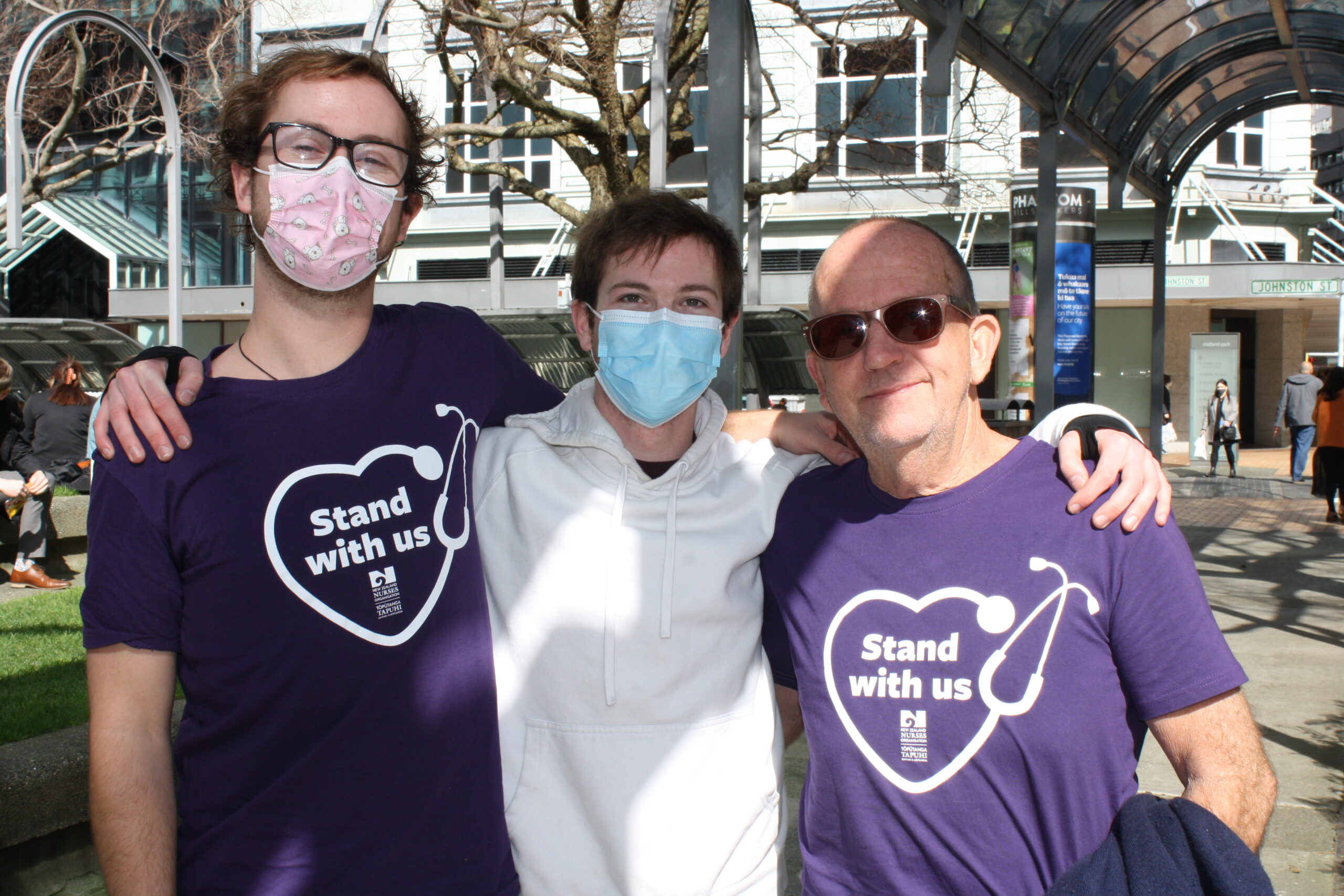
NZNO president Anne Daniels, speaking in Wellington, said primary health care nurses had suffered unjust pay for many years, and played a critical role in keeping people out of hospitals. “We all need to stand up and support them to do this,” she said.
“We can’t wait any longer for this to happen, we are losing nurses in droves.”
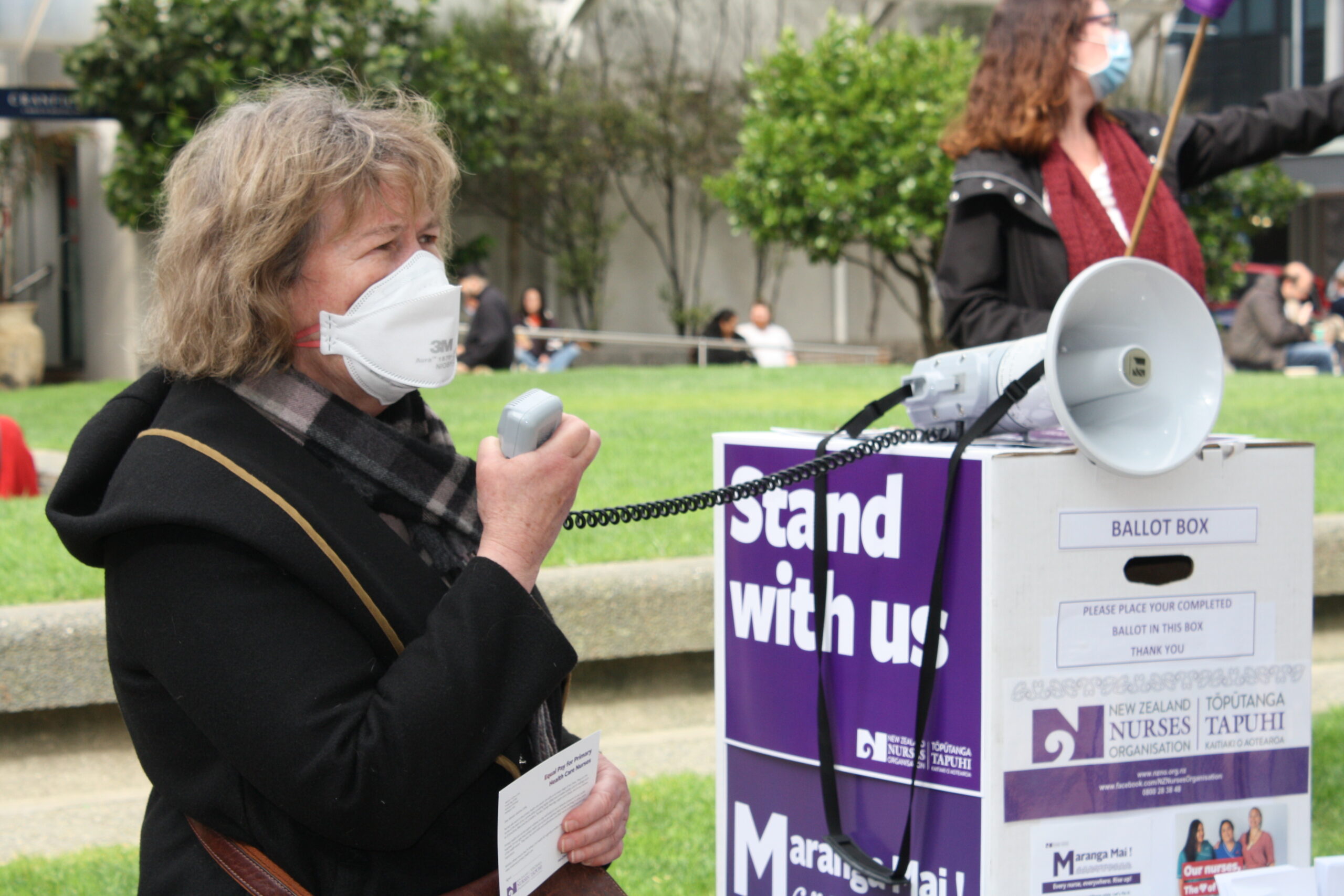
NZNO estimates that PHC members are paid 10–20 per cent less than those employed by Te Whatu Ora/Health NZ — paid under the DHB-NZNO multi-employer collective agreement (MECA).
Negotiations between NZNO and PHC employers on their MECA are underway, with members considering an offer of a 2.78 per cent pay increase. They have until September 5 to give an indication (not a ratification) vote, NZNO industrial advisor Danielle Davies told Kaitiaki.
The offer matched the funding increase employers had received from Te Whatu Ora. However it would still leave a 5 –11.7 per cent pay gap between PHC and Health NZ members, Davies said.
While a range of claims were still progressing as part of the PHC MECA bargaining, “we wanted to get a feel on the proposed 2.78 per cent first, before we all come back to the bargaining table again on September 21,” Davies said.
The PHC MECA covers 3500 NZNO members, including registered nurses, practice nurses, midwives, enrolled nurses, medical receptionists and administrators. The 500 PHC MECA employers are general practices, medical centres and after-hours/urgent-care centres.
At the Wellington protest, Green MP Jan Logie said PHC nurses were important to keep communities healthy. “We want people to be getting help early.”
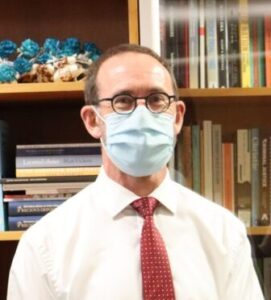
Minister of Health Andrew Little said dealing with pay parity for nurses in primary care, along with aged care, “remained my priority”.
Little said he was working with other ministers on a resolution to the pay disparity “as quickly as possible with a view to providing certainty to parties in the coming months.
“Following my announcement of extra initiatives on health workforce recruitment on 1 August I am confident Te Whatu Ora Health New Zealand and the Ministry of Health are working intensively on addressing workforce and labour issues including addressing pay parity for nurses in the sector.”
See also Members urged to turn out for primary health care nurses



